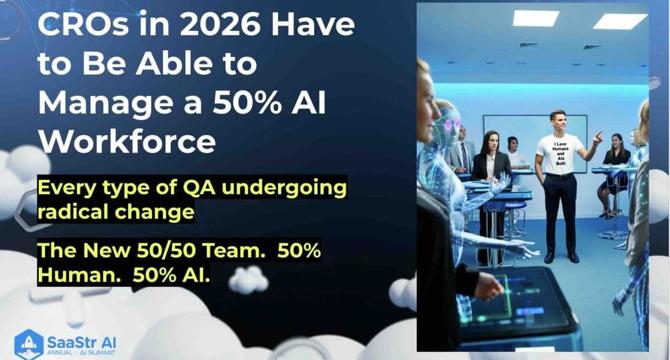Saastr
4w
107

Image Credit: Saastr
AI is Already Increasing Our Cognitive Load. That’s Only Going to Increase — Dramatically.
- AI technology has significantly boosted productivity by enabling tasks like content improvement, pitch deck reviews, and content submissions processing.
- However, the increased use of AI tools has led to a surge in cognitive burden as users now need to manage the outputs more efficiently.
- The efficiency gains from AI tools are not accounting for the extra cognitive load they introduce, resulting in a need for enhanced management of AI-generated content.
- Managing multiple AI outputs involves evaluating accuracy, integrating with other processes, and applying necessary context that AI lacks.
- The rise of AI agents, capable of independent actions, is set to escalate both productivity and management requirements in the future.
- Executives will face the task of managing both human teams and AI agents, necessitating new skills like efficient orchestration of outputs.
- Winning in this new paradigm involves mastering the coordination of human and AI outputs for organizational success.
- Although challenges exist, embracing AI tools is essential for staying competitive, requiring the evolution of cognitive approaches to work effectively alongside AI.
- Future adaptations include explicit discussions on AI output management, new metrics to measure cognitive load, and executive coaching on AI orchestration skills.
- Effective team structures will need to be reimagined to facilitate collaboration between humans and AI technologies.
- The ability to manage attention while leading teams of humans and machines might be a crucial skill for success in the evolving workplace.
Read Full Article
6 Likes
For uninterrupted reading, download the app